|
While South Africans were pre-occupied with the unfolding drama of Jacob Zuma’s presidency they were missing an underlying problem: that the country’s difficulties went beyond the president and were lodged within the ruling African National Congress. James Hamill explains why the party presents a major obstacle to the renewal plans being pursued by the current president Cyril Ramaphosa.
Everybody experiences pain at some point of their lives. But some people seem to have a higher tolerance than others. The amount of pain people feel is influenced by many factors, including past experiences. So how can doctors diagnose and treat it? Antonia Wadley and Peter Kamerman explain what pain is and how it’s measured.
Today we’re also featuring articles we ran during the course of the year to celebrate protest songs and why they were important for their time. First up is Marvin Gaye’s “What’s Going On”, a song that continues to have relevance decades after it was first released. Stewart Maganga assesses its impact. Also from the US, Adam de Paor-Evans takes a look at the hip-hop group Public Enemy. From Africa, one of the iconic tracks is Hugh Masekela’s haunting “Stimela”. Sociologist Andries Bezuidenhout puts it in context while from Senegal, Zachariah Mampilly reviews the work of rappers who use music to fight for a more just society.
|
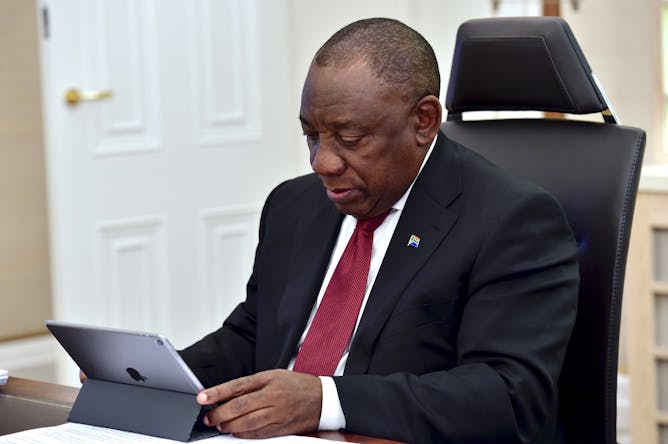
South African’s President Cyril Ramaphosa. One of the biggest obstacles to his success is the party he leads, the ANC.
Fllickr/GCIS
James Hamill, University of Leicester
For a long time South Africa thought it had a Jacob Zuma problem. In fact its got a systemic ANC problem.
|

There’s a significant variation in pain sensitivity and tolerance.
Shutterstock
Antonia Wadley, University of the Witwatersrand; Peter Kamerman, University of the Witwatersrand
How is pain measured? A person’s pain is what they say it is.
|
Protest music
|
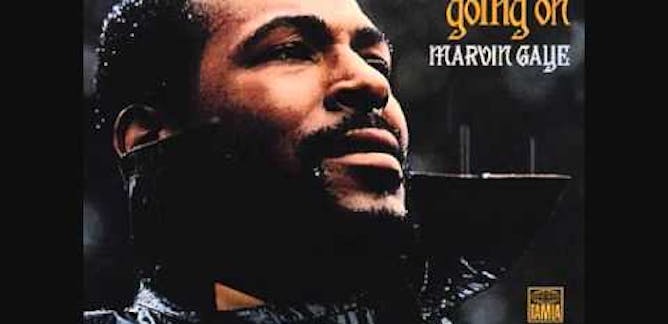
Stewart Maganga, Catholic University of Malawi
"What's Going On" remains relevant today. Even now its plaintive lyrics speak eloquently about a post-9/11 world that's upside down.
| |
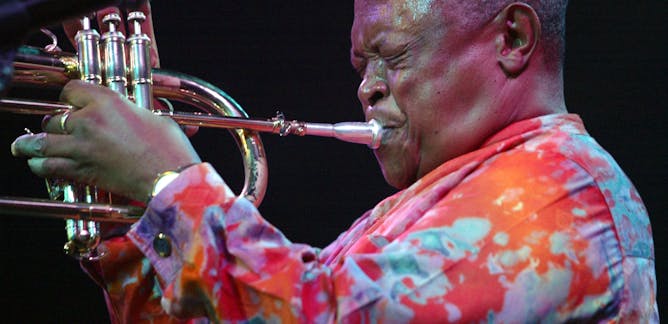
Andries Bezuidenhout, University of Fort Hare
The protest song "Stimela" remains as much a song about present and future aspirations, as it is of the past.
|
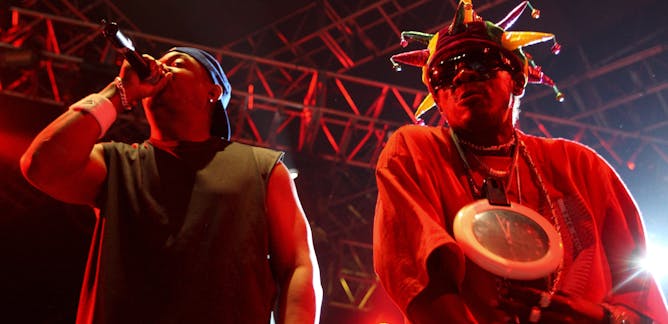
Adam de Paor-Evans, University of Central Lancashire
Following the explosion of screen-based personal devices, the risk of users slipping into hyper reality has multiplied enormously since the television age.
| |
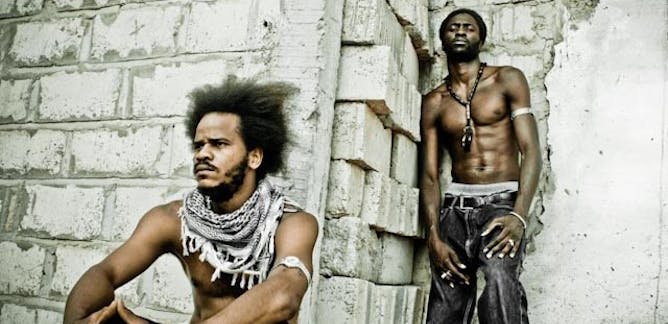
Zachariah Mampilly, Vassar College
The international community has failed to recognise the new political visions being articulated by young musicians and activists across Africa.
|
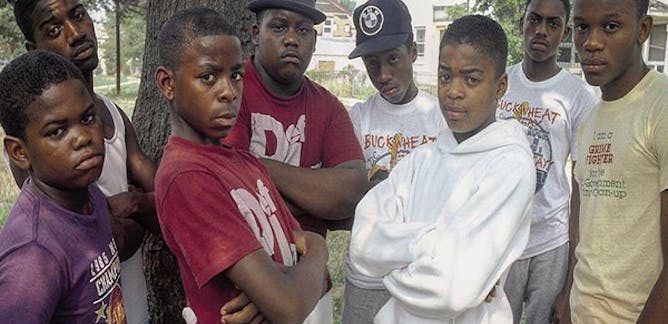
Adam de Paor-Evans, University of Central Lancashire
In 1985 The Junkyard Band shifted the paradigm by challenging Reaganomics. Many of those same key issues still rage on today, across the world.
| |
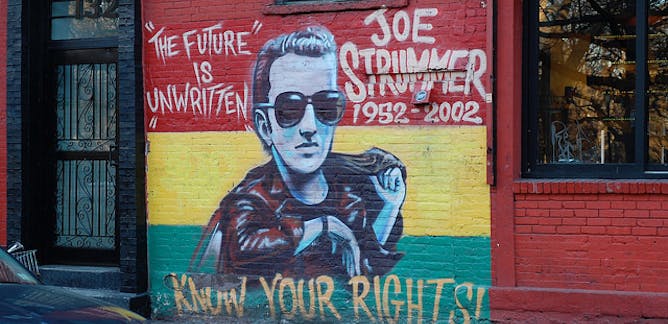
Nigel Gibson, Emerson College
"The Magnificent Seven" was a slice of daily life, a class struggle song framed by the sound of funk and the emergent hip-hop in New York.
|
|
|
In other news
|
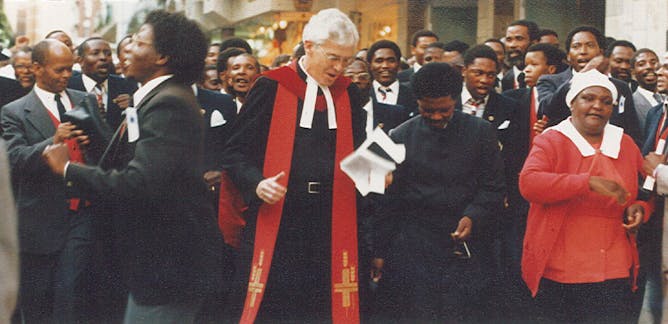
John de Gruchy, University of Cape Town
Christian leaders played a very significant role in fighting apartheid. One of them, Peter Storey, tells in his autobiography what shaped his convictions.
| |
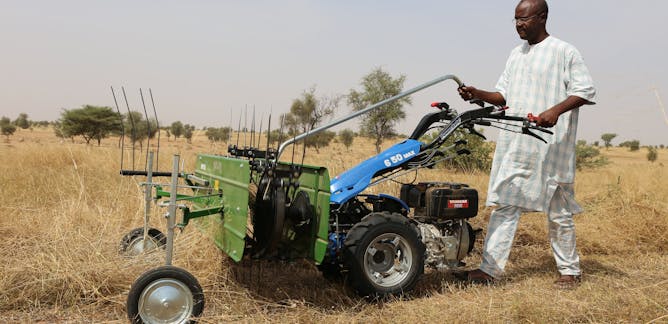
Thomas Jayne, Michigan State University; Milu Muyanga, Michigan State University
Medium-scale farms are an important driver of agricultural and rural transformation in much of Africa.
|
|
|